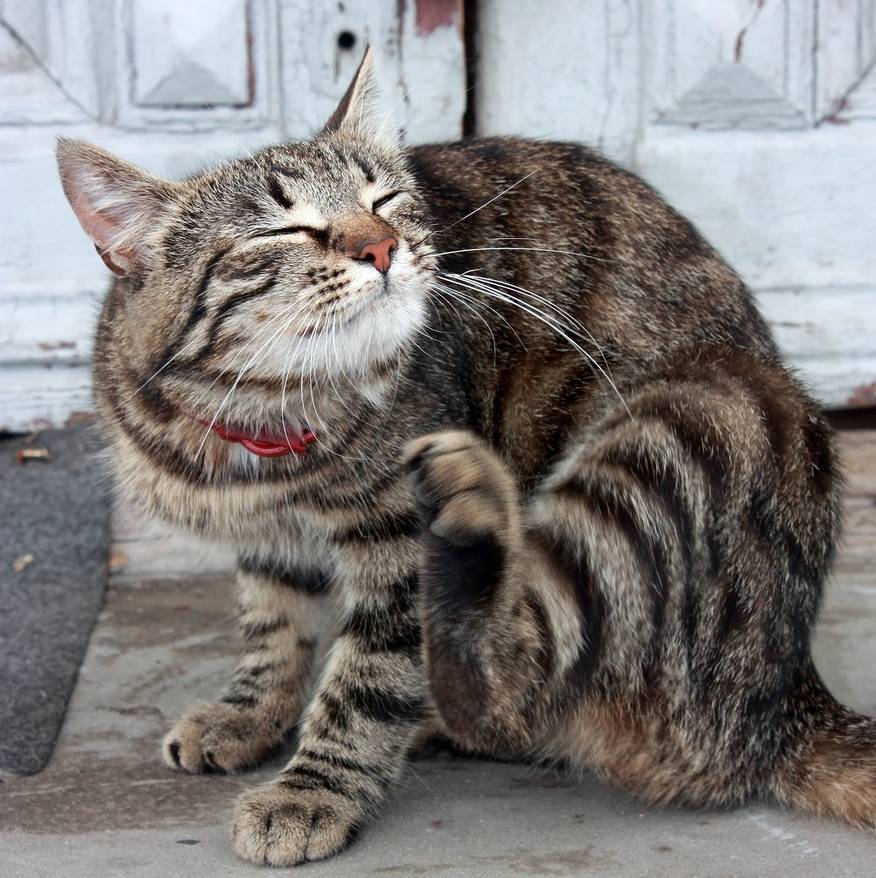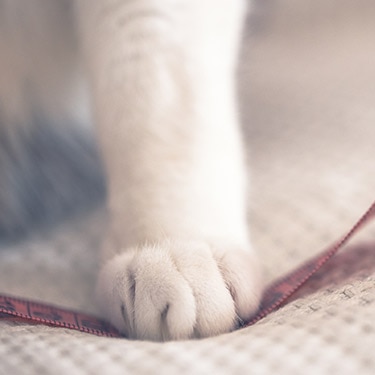
-
Find the right food for your petTake this quiz to see which food may be the best for your furry friend.Find the right food for your petTake this quiz to see which food may be the best for your furry friend.Featured products
 Hill's Science Diet Adult 7+ Senior Vitality Small & Mini Chicken & Rice Recipe Dog Food
Hill's Science Diet Adult 7+ Senior Vitality Small & Mini Chicken & Rice Recipe Dog FoodImproves everyday ability to get up & go
Shop Now Puppy Lamb Meal & Brown Rice Recipe
Puppy Lamb Meal & Brown Rice RecipeVital nutrients to support 5 essential building blocks for lifelong health
Shop Now Puppy Large Breed Chicken & Brown Rice Recipe
Puppy Large Breed Chicken & Brown Rice RecipeVital nutrients to support 5 essential building blocks for lifelong health
Shop NowFeatured products Adult Indoor Chicken Recipe Cat Food
Adult Indoor Chicken Recipe Cat FoodSupports energy level and beautiful fur in indoor cats
Shop Now Adult 7+ Chicken Recipe Cat Food
Adult 7+ Chicken Recipe Cat FoodSupports energy level and beautiful fur in mature cats
Shop Now Adult Sensitive Stomach & Skin Cat Food
Adult Sensitive Stomach & Skin Cat FoodHighly digestible food that is gentle on the stomach. Nourishes skin & promotes lustrous fur.
Shop Now -
Dog
- Dog Tips & Articles
-
Health Category
- Weight
- Food & Environmental Sensitivities
- Urinary
- Digestive
- Joint
- Kidney
-
Life Stage
- Puppy Nutrition
- Adult Nutrition
Cat- Cat Tips & Articles
-
Health Category
- Weight
- Skin & Food Sensitivities
- Urinary
- Digestive
- Kidney
-
Life Stage
- Adult Nutrition
Featured articles Water
WaterDiscover why water is the most important nutrient for your dog or cat to live a healthy life. Find out how much water your pet should consume each day.
Read More Pet Food Storage Tips
Pet Food Storage TipsDiscover how and where to store your dry, as well as canned, dog and cat food. Learn how to find the "best before" dates on all Hill's pet food packaging.
Read More The Incredible Science Behind Your Pet's Microbiome
The Incredible Science Behind Your Pet's MicrobiomeLearn what a pet's microbiome is, how it contributes to your pet's gut & overall health, and why nutrition is important in maintaining healthy microbiomes.
Read More -


If you've noticed your cat has been scratching more than normal, you probably should consider that they could be hosting tiny parasites known as cat fleas.
How did your cat become infested? How do you get rid of them? Read on for the answer to those questions and more about cat fleas.
How Did My Cat Get Fleas?
One study detailed in Veterinary Parasitology found a flea that could jump 19 inches in one hop, or 160 times its body length. These jumping skills help these nonflying parasites travel easily from the ground to a new host or from host to host. Animals commonly found in your backyard — such as raccoons, mice, possums and others — more than likely carry fleas and can leave behind fleas or larvae in your yard that can easily enter your home by hitchhiking on you or a dog coming in from outdoors. Fleas can easily jump from pet to pet, no matter the species. Your cat could even simply have attracted a flea by sitting peacefully in front of their favorite screened window.

How to Identify Fleas on Your Cat
Just one flea can turn into a major infestation in a short time, as a single female can lay up to fifty eggs a day, according to the University of Kentucky. The most obvious sign of a flea infestation is a cat obsessively scratching their body. Cornell University College of Veterinary Medicine writes that fleas most frequently bite cats on the back of the neck and the top of the tail head. Since they can't reach these places with their tongues while grooming, it means they have to scratch.
If you suspect your cat has fleas, run a fine-tooth comb through their coat while they stand on a white piece of paper or a white towel. If they do have fleas, you'll more than likely dislodge tiny black specks (flea feces) and maybe even a flea or two that you'll be able to easily spot on the white background. You can see fleas with the naked eye.
What Health Problems Do Fleas Cause?
Cat fleas can be more than an irritant; sometimes they can be the cause of other serious health issues. For instance, writes Cornell, fleas can transmit tapeworms, or their bloodsucking can lead to anemia if your cat is still a lightweight kitten or the flea burden is high.


Tasty Tips
Treating and Preventing Fleas
Ready to put the "no vacancy" sign out for these tiny freeloaders? Your first course of action is to call your vet to get advice and treatment options. Your vet might also suggest having your cat tested for tapeworms and other diseases.
Not only do you have to treat your cat, you also have to remove all pests from your home to prevent reinfestation. It will take careful vacuuming, washing and maybe an exterminator to effectively rid your home of all pests.
You can prevent fleas from coming back by using one of the proven flea and tick repellent products on the market, even on indoor cats. Flea and tick products for pets are regulated by either the Food and Drug Administration (FDA) or the Environmental Protection Agency. Products approved by those federal regulators must show that the drug or pesticide they are marketing actually works, and that it meets up-to-date safety standards to protect pets, people and the environment. These products come in a variety of forms such as spot-on applications, pills, or collars. Make sure the repellent you choose is safe for your cat, since a dog-safe product may harm them. It is wise to purchase your flea and tick products from your veterinarian as some over-the-counter and natural products can be ineffective or particularly harmful to certain pets.
Your vet will likely recommend treating your cat throughout the entire year.. Flea season typically peaks in warmer months, but in some parts of the country can last year-round. You may think you have the cleanest kitty in the world, but fleas can affect any pet. So keep a watchful eye to make sure your cat is happy, healthy and itch-free.


Kara Murphy is a freelance writer and pet parent who lives in Erie, Pa. She has a goldendoodle named Maddie.
Related products

Highly digestible food that is gentle on the stomach. Nourishes skin & promotes lustrous fur.

Supports energy level and beautiful fur in indoor cats

Low calories for less active cats

Supports energy level and beautiful fur in mature cats
Related articles

What is the best food for an overweight cat? Learn all about weight control food for cats, including what's in it and how it works.

How do you get a cat to lose weight? Learn all about cat foods for weight loss, including how to choose weight control cat food and exercise tips.

Discover how to identify cat sensitive skin and what you can do to help your cat thrive from head to paw.

What is the best food for an overweight cat? Learn all about weight control food for cats, including what's in it and how it works.

Put your cat on a diet without them knowing
Our low calorie formula helps you control your cat's weight. It's packed with high-quality protein for building lean muscles, and made with purposeful ingredients for a flavorful, nutritious meal. Clinically proven antioxidants, Vitamin C+E, help promote a healthy immune system.
Put your cat on a diet without them knowing
Our low calorie formula helps you control your cat's weight. It's packed with high-quality protein for building lean muscles, and made with purposeful ingredients for a flavorful, nutritious meal. Clinically proven antioxidants, Vitamin C+E, help promote a healthy immune system.

